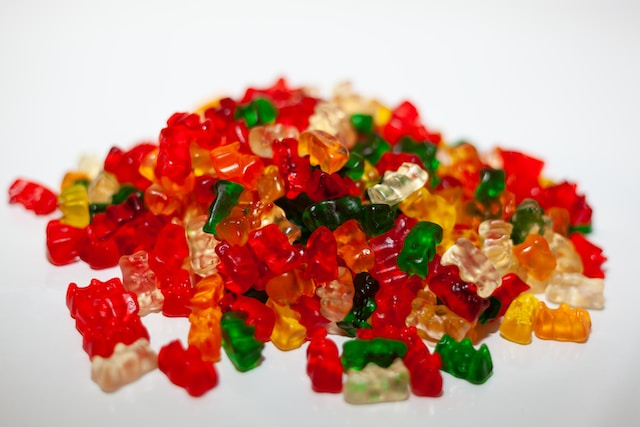In the distant past, our ancestors didn’t care about growing hemp for CBD extract. Instead, archeological evidence suggests people planted hemp for industrial purposes, especially for textiles. Although CBD oil is the primary driver of today’s hemp market, there are still farmers who grow this crop to make non-consumable products — including biofuel.
Although it may sound strange, there is a way to extract usable ethanol and methanol from industrial hemp plants. Some scientists are hopeful this hemp biofuel could decrease our reliance on fossil fuels and provide extra profit to America’s farmers. There’s still a lot we don’t know about hemp biofuel, but it may prove to be a valuable commodity in the hemp industry.
How Can Hemp Flowers Turn Into Fuel?
The science behind making hemp biofuel is complex, and researchers are still evaluating the most efficient way to transform hemp into ethanol. However, current reports suggest hemp fibers and seeds must go through intensive rounds of shredding, heating, and fermentation to become a usable form of fuel.
Technically, this chemical process is called “cellulolysis,” which refers to the compound cellulose at the center of the procedure. After manufacturers pre-treat their hemp to express high traces of cellulose, they subject the plant to fermentation to break down cellulose into ethanol or methanol.
Although hemp biomass still isn’t available commercially, many prominent universities are studying this fascinating process. For instance, a report from the University of Connecticut discovered hemp seed oil has a remarkably high conversion rate to biofuel. According to their data, at least 97 percent of the hemp plant’s oil could transition to usable fuel, which should significantly eliminate waste concerns.
Despite the many positive lab tests on hemp biofuel, there’s still no organized infrastructure to process hemp biomass into fuel. Also, since this product is so new and untested, the demand for hemp biofuel still isn’t super high. Many hemp biofuel advocates claim federal and state governments should invest in incentive programs and processing plants to help “fuel” research and growth in this emerging industry.
Does CBD Oil Have Anything To Do With Hemp Biofuel?
CBD oil shouldn’t be confused with hemp biofuel. However, since CBD is the most popular compound in hemp flowers, it’s understandable many customers will ask whether CBD has any industrial properties. Even though CBD is the most prominent cannabinoid in hemp, people interested in biofuel don’t focus on extracting CBD in their products. In fact, farmers who grow industrial-grade hemp aren’t concerned with producing any cannabinoids.
It’s essential to recognize a key difference between industrial hemp vs. CBD hemp cultivation. Farmers who grow hemp for industrial uses like biofuel will plant their crops close together in large fields without worrying about their gender. Since industrial products aren’t edible — and since fibrous stalks are incredibly valuable — these hemp farmers are more concerned with quantity over quality.
By contrast, CBD hemp flowers should always be unpollinated and feminized. Male hemp plants can’t produce the resinous buds that contain significant traces of cannabinoids and terpenes. Also, since CBD hemp is grown for human consumption, farmers need to pay extra careful attention to the quality of their plants. High-quality CBD hemp cultivators will give their plants plenty of space in temperature & humidity-controlled grow rooms.
If you’re ordering a product like CBD oil or hemp flowers, please always verify how your CBD brand sourced its hemp. Many farmers are trying to sell cannabinoid-depleted industrial hemp in place of CBD hemp. Often, industrial hemp contains high traces of heavy metals and pesticides, so you must verify your CBD oil doesn’t have any of these nasty compounds.
Always Consume “Non-Industry” CBD — Look Into Your Brand’s Third-Party Lab Tests
Hemp is a surprisingly versatile plant. Not only is hemp a great source of cannabinoids like CBD, it appears to have many unique industrial uses like biofuel. While these industrial applications are fascinating and potentially profitable, customers should remember that they are separate from CBD oil manufacturing. Relying on industrial hemp for human-grade CBD oils isn’t safe!
Please always verify the hemp used in your CBD products was specifically grown with safe consumption in mind. The best way to analyze the purity of your CBD oils is to request a third-party lab test result. Please always review the sections that detail contaminants like pesticides, herbicides, and heavy metals. If you need help deciphering these third-party lab tests, feel free to read through Real Tested CBD’s CBD oil reviews.
Most Recent Tested products

















Leave a Comment